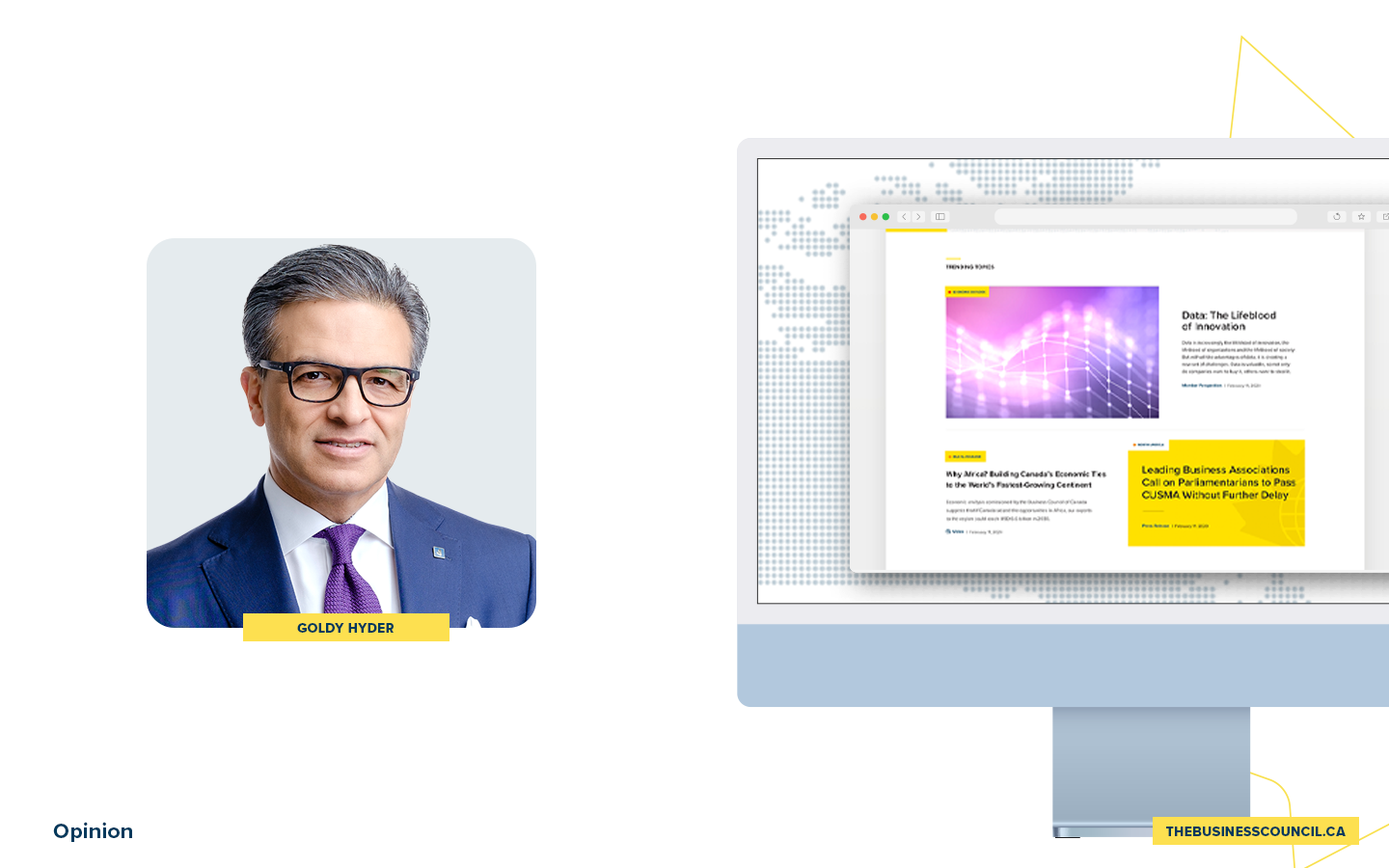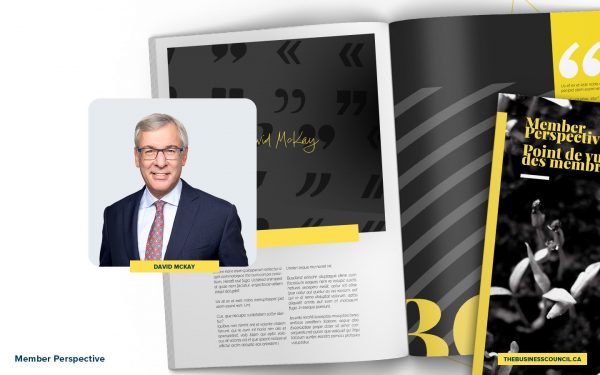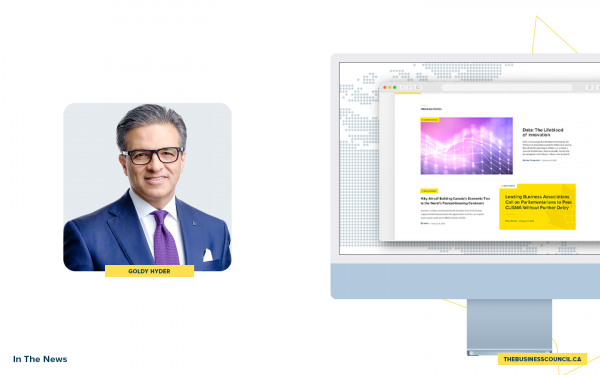An apology to the next generation: Sorry, your living standards might be lower
As published in The Globe and Mail
Whenever I speak with young Canadians, I begin with an apology. I tell them I’m genuinely sorry that my generation may be the first in Canadian history to leave the country in worse shape for those who follow us.
Never has this dire prediction seemed more plausible than in recent months when we’ve experienced high inflation and interest rates, the increasing damage caused by extreme weather events, and the shocking return of violent geopolitical instability.
Make no mistake, I’m far from alone in thinking this way; a clear and growing majority of Canadians share my concern. A recent public opinion poll found 65 per cent of respondents believe the next generation of Canadians will have a lower standard of living.
Why do Canadians feel this way? I believe it’s because we lack a collective long-term vision for Canada’s future. Our plans are limited to the short term, with the immediate outranking the urgent. We focus on today’s headlines, not tomorrow’s headaches.
I draw a deliberate distinction here between plans and goals. We have no shortage of long-term goals for as far out as the year 2050 or 2100; we just lack the plans to achieve them. My generation is great at setting goals, but we leave the implementation to others.
It’s not surprising then that younger generations are cynical and skeptical. These long-term goals are being set by leaders in both the public and private sectors who will be long out of power – perhaps no longer alive – when those milestone years are reached.
In that context, it’s easy to understand why younger Canadians roll their eyes when a leader today refers to “generational opportunities.” They have ample reason to suspect those leaders are referring to their own generation, not future ones. In too many cases, this is sadly true.
It also explains why so many young Canadians have lost faith in our foundational institutions – from capitalist free markets to democratic free elections. When the systems in place are delivering bad outcomes for you, it’s natural to want to change those systems.
There is still time for this to change, but that time is extremely short. There is an urgent and pressing need for all of us to come together and make long-term plans, not just goals, to ensure that the coming generations have it, if not better, at least no worse than we do.
So how do we do it?
We must play to our strengths – our people, our resources and our geography.
Canada has one of the most highly educated populations in the world. And yet a distressing number of people are unable to work in their chosen fields because of short-sighted and exclusionary credentials recognition. Others need to be trained in new skills as workplace needs change.
Governments, employers and professional associations should be co-ordinating to ensure we have the workers we need to meet the moment.
When it comes to our resources, Canada has what the world needs – food, fuel and minerals that will be essential as we transition to cleaner forms of energy.
But our riches are no use if we can’t share them.
We need improved infrastructure corridors in addition to expanded electricity grids, access to critical mineral deposits and much more as we work toward a net-zero future.
Canada’s geography should also not be ignored. Our close relationship with the United States is one of Canada’s greatest competitive advantages. And yet too often we take it for granted. Friendships must be nurtured.
That includes ensuring we are living up to the trade and security commitments we have made with our most important ally and trading partner.
Finally, we need to work together. Planning for our future should not be sullied by partisan potshots and attempts to demonize others.
It is long past time for us to look far beyond the next earnings call and the next election. We need to make tough decisions about our future, and that might mean some form of short-term pain for long-term gain. We owe future generations far more than just apologies. We owe them action.









